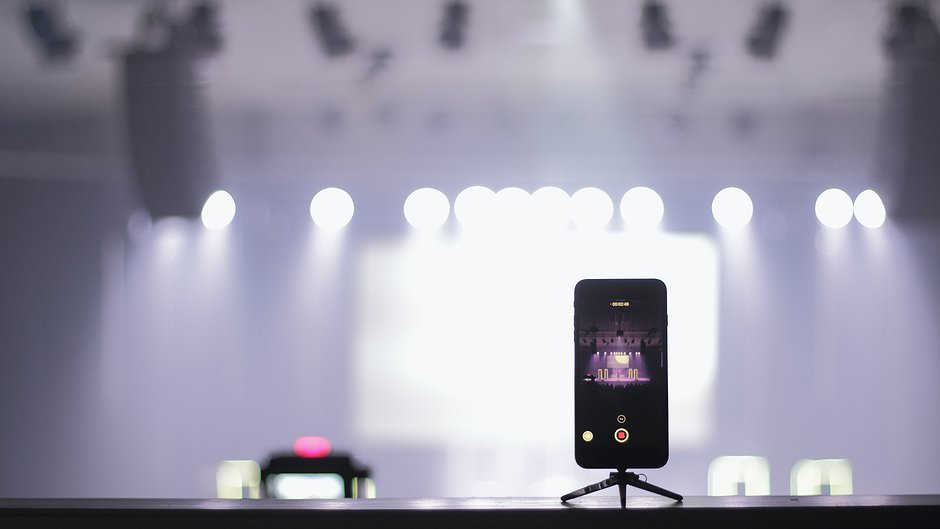
How to record your interview safely and securely
Recording an interview is very important for several reasons.
1. It’s a way to ensure that you don’t make mistakes when quoting people.
2. For digital files, like a mobile phone or digital recorder, they can provide details about the recording, including a timestamp and possibly even a location tag.
3. If ever you find yourself in a dispute with a source or a legal/governmental body, you will have audio, and possibly video evidence of exactly what transpired during the interview.
For all of these reasons, always try and record your interviews when possible and safe to do so. Of course, if you sense any sort of danger for yourself or the interviewee (and if you want to protect anonymity), refrain from any sort of documentation, including recordings, of the interview. This is, of course, something that you will have to assess in discussions with your sources.
If using hidden cameras or recording devices to gather information, you should ensure that you are very comfortable using them correctly and you stay within local law.
From a technical standpoint, if the recording is just for your own records, most people will use a mobile phone to record interviews. All modern mobile operating systems come with at least a default audio recording app. There are also third-party apps, including those that will automatically upload the files to the cloud.
However, be sure to run a few tests to make sure there will be no unexpected interruptions in the recording. Also, some people will put two recorders side-by-side as a precaution in case one somehow fails. If you prefer not to use a smartphone, there are also digital recorders that have USB connections.
You can also store files on an SD card that can then be transported to a computer for easy uploading to the cloud. For any sensitive files, upload them to a secure cloud service as soon as possible, as files on mobile phones and digital recorders can easily get lost or accidentally erased.
Want to find out more about interviews for investigative journalists? Sign up for our free course taught by Radio Zamaneh.
Related courses

90 mins
 School of Data
School of Data
90 mins
 School of Data
School of Data Rory Peck Trust
Rory Peck Trust
50 mins
 Rory Peck Trust
Rory Peck Trust
Blogs

6 useful resources for journalists covering Covid-19
With a global pandemic spreading throughout the world, journalists are under increasing pressure to report accurate and relevant news for the masses. Often when covering a crisis, those on the reporting frontlines compromise their physical safety and mental health. To show some solidarity, the Advocacy Assembly team curated a list of useful resources from other organisations leading the way on this.

5 ways to find data for your next story
Data journalism is fast becoming a big trend in newsrooms across the globe. However, data isn’t always so easy to find. Here are five ways to get data for your next article.



